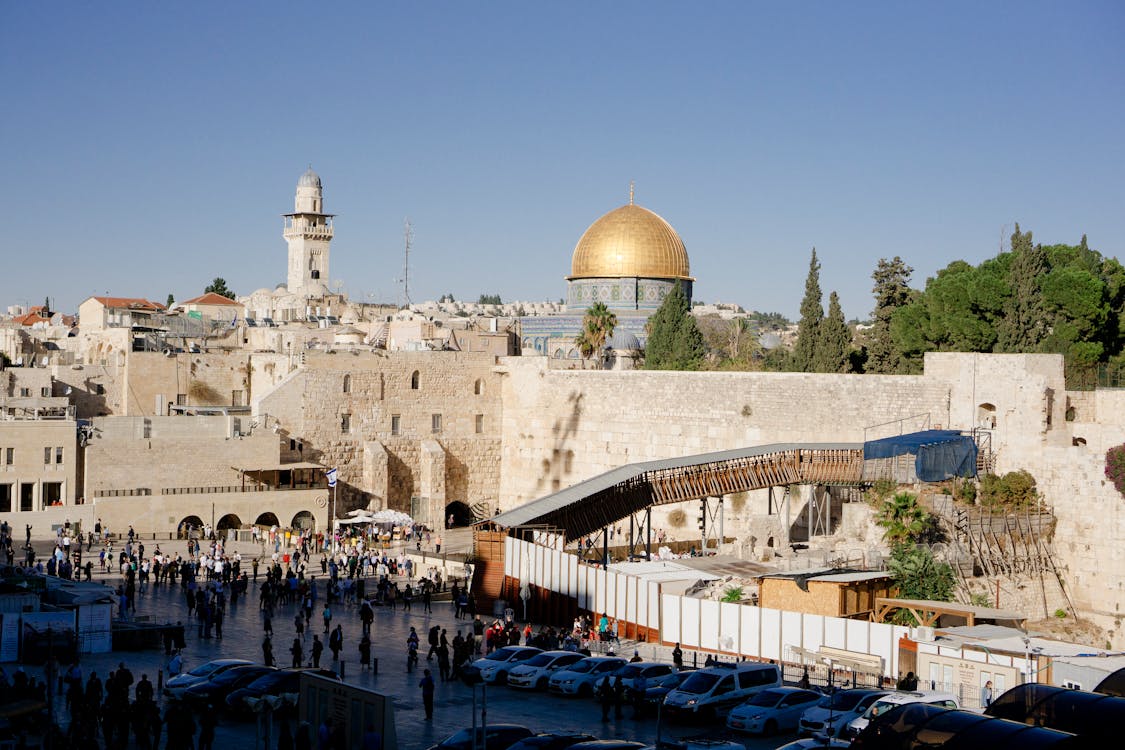

Tensions Rise: Israel to Limit Palestinian Access to Al-Aqsa Mosque for Ramadan Prayers
Josh Shear – As Ramadan 2025 approaches, Israel’s new access restrictions for Palestinians at Al-Aqsa Mosque are raising tensions. The government has announced strict entry limits, preventing thousands of worshippers from attending prayers. This decision has sparked widespread criticism, with Palestinian groups and international leaders urging Israel to reconsider.
Israeli authorities plan to enforce a quota system for Palestinian worshippers. Only 10,000 permits will be available for people traveling from the West Bank. Additionally, only men over 55 and women over 50 can enter. Officials cite security concerns as the reason for these rules.
To ensure compliance, Israeli forces will increase security deployments near Al-Aqsa. Police checkpoints in East Jerusalem will monitor all visitors. These measures reflect past efforts to control access to religious sites during periods of heightened tensions.
The Al-Aqsa Mosque compound, also called Haram al-Sharif, is one of Islam’s holiest sites. Located in Jerusalem’s Old City, it has been a source of political and religious disputes for decades. Palestinians see these new restrictions as an attempt to limit their presence in the area.
Historically, Israeli authorities have imposed entry restrictions during religious periods, citing security risks. However, many Palestinians believe these measures are part of a larger effort to assert control over Jerusalem.
Read More :A Hidden MORON Cafe That Blends Tradition and Trend
Palestinian leaders have strongly opposed the new rules. Hamas and Fatah have called for large gatherings at Al-Aqsa despite the restrictions. They argue that Palestinians must defend their right to pray at the mosque without interference.
The Higher Presidential Committee for Church Affairs in Palestine also criticized the policy. The committee accused Israel of trying to alter the status quo of Al-Aqsa. They urged international intervention to stop these policies before Ramadan begins.
Several Muslim-majority countries and human rights groups have condemned Israel’s decision. Many call these restrictions a violation of religious freedom. The United Nations has expressed concerns, warning that such policies could lead to escalating tensions in the region.
Diplomatic efforts are underway to ease the situation. Arab nations and international organizations are urging Israel to lift the restrictions before Ramadan begins. Many fear that this issue could trigger protests or violence in Jerusalem and beyond.
The enforcement of these rules may cause several issues:
These outcomes could further destabilize the region during a time meant for peace and spiritual reflection.
With Ramadan fast approaching, many wonder if Israel will adjust or remove the restrictions. If the measures remain in place, tensions will likely rise between worshippers and security forces. Large demonstrations could lead to violent confrontations, worsening the ongoing conflict.
Palestinian groups continue to urge mass mobilization. They encourage worshippers to defy the restrictions and attend prayers at Al-Aqsa. Meanwhile, international organizations push for urgent diplomatic talks to prevent a major escalation.
The situation at Al-Aqsa Mosque remains fragile. For Palestinians, unrestricted access to the mosque represents a fundamental right. Many argue that Israeli authorities should not control religious access to a site so deeply tied to Palestinian heritage and identity.
As tensions build, world leaders must decide whether to intervene diplomatically or risk another crisis. With the region already on edge, what happens in the coming weeks could shape future relations between Israel and Palestine.
This website uses cookies.